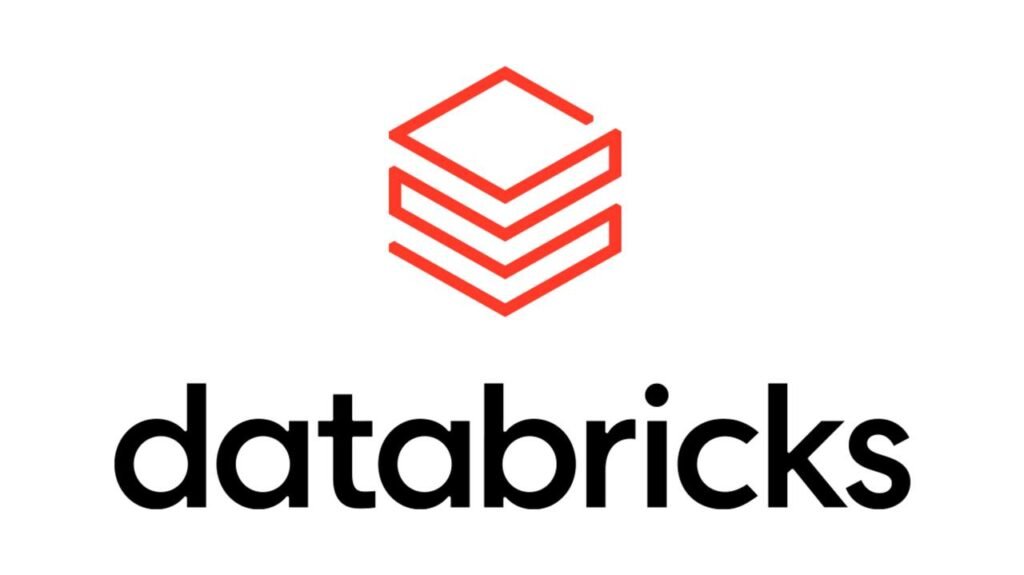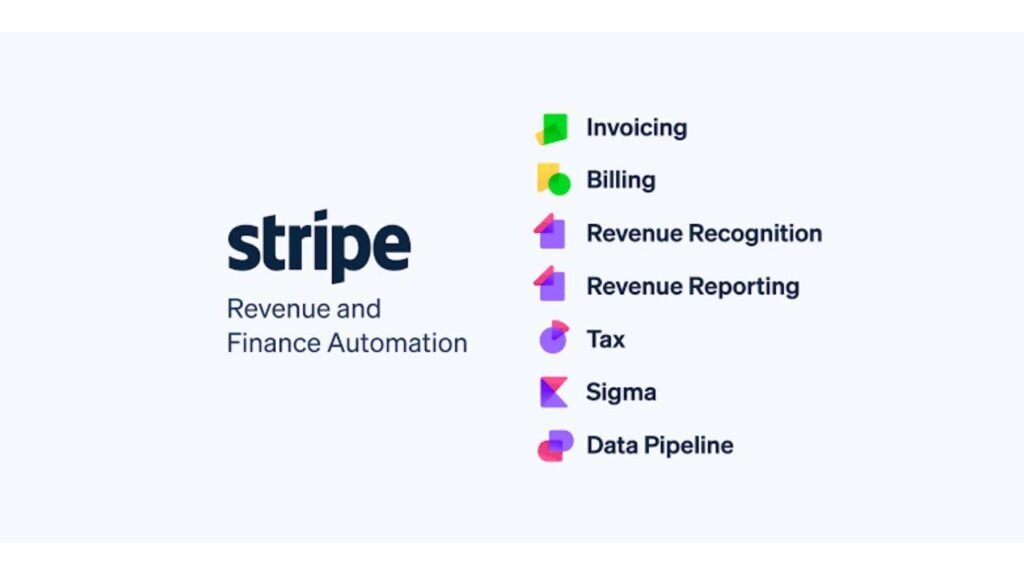Unicorn startups, private companies valued at over $1 billion, are revolutionizing industries and shaping the future of technology. This blog post will explore ten of the most prominent and impactful unicorn startups, highlighting their innovative solutions, disruptive technologies, and the potential to transform the world.
Also read- Top 10 Best Business….click here
10. Chime
- Industry: Fintech
- Key Innovation: Providing a mobile-first banking experience with features like fee-free banking, early direct deposit, and overdraft protection.
- Impact: Challenging traditional banking institutions by offering a more customer-centric and inclusive banking experience.
Chime is a fintech company that offers a mobile-first banking experience with a focus on customer-centric features. Here are some key aspects:
- Key Innovation:
- Fee-free banking: Chime provides a range of banking services, including checking and savings accounts, with no monthly fees, overdraft fees, or foreign transaction fees.
- Early Direct Deposit: Allows customers to access their paycheck up to two days early.
- Automatic Savings: Features like “Round Ups” automatically round up purchases to the nearest dollar and transfer the difference to a savings account.
- User-friendly interface: Offers a simple and intuitive mobile app for easy account management.
- Impact:
- Challenging Traditional Banking: Chime disrupts traditional banking by offering a more affordable and convenient alternative, particularly for those who may be underserved by traditional banks.
- Promoting Financial Inclusion: By offering fee-free banking and accessible financial tools, Chime aims to improve financial inclusion for a wider range of customers.
Chime has gained significant popularity for its customer-friendly approach and has become a leading player in the neobanking space.

9. Fanatics
- Industry: Sports, E-commerce
- Key Innovation: Dominating the sports merchandise market through a combination of e-commerce, licensing, and technology.
- Impact: Transforming the way sports fans engage with their favorite teams and athletes, creating a personalized and immersive fan experience.
Fanatics is a leading e-commerce platform for licensed sports merchandise. Here’s a breakdown of its key innovation and impact:
- Key Innovation:
- Dominating Sports Merchandise Market: Fanatics has leveraged a combination of e-commerce, licensing, and technology to become a dominant force in the sports merchandise market.
- Strong Partnerships: The company has established strong partnerships with major professional sports leagues and hundreds of collegiate and professional teams, securing exclusive licensing rights.
- Data-Driven Approach: Fanatics utilizes data analytics to understand consumer preferences and optimize its product offerings and marketing strategies.
- Impact:
- Transforming Fan Engagement: Fanatics has transformed the way sports fans engage with their favorite teams and athletes.
- Personalized Fan Experience: The company offers a wide range of merchandise options, catering to individual fan preferences and providing a personalized shopping experience.
- Expanding Beyond Merchandise: Fanatics has expanded its offerings beyond traditional merchandise to include sports betting, collectibles, and live shopping experiences, creating a more comprehensive and immersive fan ecosystem.
By leveraging technology and data-driven insights, Fanatics has redefined the sports merchandise market and created a unique and engaging experience for sports fans worldwide.

8. Canva
- Industry: Design, Software
- Key Innovation: Creating an intuitive and user-friendly platform for graphic design, empowering individuals and teams to create professional-looking designs without prior design experience.
- Impact: Democratizing access to design tools, enabling businesses and individuals to create high-quality visuals easily and efficiently.
Canva is an online graphic design platform that allows users to create various types of visual content, such as social media graphics, presentations, posters, and more.
- Key Innovation: Canva’s key innovation lies in its user-friendly interface and drag-and-drop functionality, making graphic design accessible to people with little or no design experience.
- Impact: Canva has democratized access to design tools, empowering individuals and businesses to create professional-looking visuals easily and efficiently. It has become a popular tool for businesses, educators, and individuals alike, revolutionizing how people create and share visual content.
Canva’s intuitive platform and vast library of templates, images, and fonts have made it a popular choice for individuals and businesses seeking to create visually appealing content.

7. Revolut
- Industry: Fintech
- Key Innovation: Offering a mobile-first banking platform with features like international transfers, cryptocurrency trading, and budgeting tools.
- Impact: Disrupting traditional banking by providing customers with more convenient and affordable financial services.
Revolut is a British multinational neobank and fintech company that offers a range of financial services, including:
- Currency Exchange: Revolut allows users to exchange currencies at interbank rates, often significantly cheaper than traditional banks.
- International Transfers: Users can easily send money internationally at competitive rates.
- Mobile Banking: The Revolut app provides a user-friendly platform for managing finances, including budgeting tools, spending tracking, and bill payments.
- Cryptocurrency Trading: Revolut allows users to buy, sell, and hold various cryptocurrencies.
- Investing: The platform offers access to stocks, ETFs, and other investment options.
Key Innovation: Revolut’s key innovation lies in its mobile-first approach and its ability to offer a wide range of financial services within a single, user-friendly app. This has disrupted traditional banking by providing customers with a more convenient and affordable alternative.
Impact: Revolut has disrupted the traditional banking industry by offering a more customer-centric and inclusive banking experience. Its innovative features, such as fee-free banking, early direct deposit, and overdraft protection, have attracted a large and growing customer base.

6. Databricks
- Industry: Data Analytics, Cloud Computing
- Key Innovation: Developing an open-source platform for data analytics and machine learning, enabling organizations to extract valuable insights from their data.
- Impact: Empowering businesses to make data-driven decisions, improve operational efficiency, and gain a competitive edge.
Databricks is a data and AI company that offers a unified platform for data, analytics, and AI. Here are some key details:
- Key Innovation: Developed an open-source platform for data analytics and machine learning based on Apache Spark. This platform enables organizations to extract valuable insights from their data more efficiently.
- Impact:
- Empowering Businesses: Databricks empowers businesses to make data-driven decisions, improve operational efficiency, and gain a competitive edge.
- Data-Driven Insights: Their platform helps organizations extract valuable insights from their data, leading to better business outcomes.
- Advancements in AI: Databricks facilitates the development and deployment of machine learning models, driving advancements in artificial intelligence across various industries.
Essentially, Databricks provides a powerful tool for organizations to leverage the power of data and AI to solve complex business challenges.

5. SHEIN
- Industry: Fast Fashion, E-commerce
- Key Innovation: Ultra-fast fashion model, offering trendy clothing at incredibly low prices, disrupting the traditional retail industry.
- Impact: Democratized access to fashion, but also raised concerns about sustainability and ethical production practices.
SHEIN is a global e-commerce platform specializing in fast fashion. Here’s a breakdown of its key innovation:
- Ultra-fast Fashion Model: SHEIN operates on an incredibly fast-paced production model. They quickly identify and translate the latest fashion trends into new clothing items, allowing them to offer a vast selection of trendy pieces at incredibly low prices.
This model has:
- Disrupted the traditional retail industry by offering consumers access to affordable, on-trend clothing at a much faster pace than traditional retailers.
- Democratized access to fashion, making trendy styles more accessible to a wider range of consumers.
However, this rapid production model also raises concerns:
- Sustainability: The fast fashion model often involves the use of low-cost materials and potentially unsustainable production practices.
- Ethical Concerns: Concerns have been raised about labor practices and the environmental impact of the company’s operations.
Despite these concerns, SHEIN has become a major player in the global fashion industry, demonstrating the power of fast-paced, trend-driven e-commerce.

4. Stripe
- Industry: Fintech
- Key Innovation: Providing a global payments platform for businesses, simplifying online transactions and enabling businesses to operate internationally.
- Impact: Streamlining global commerce, empowering businesses to expand their reach, and facilitating economic growth.
Stripe is a technology company that builds economic infrastructure for the internet.
- Key Innovation: Providing a global payments platform for businesses, simplifying online transactions and enabling businesses to operate internationally.
- How it Works: Stripe offers a suite of programmable APIs and tools that businesses can integrate into their websites and applications to:
- Accept payments: Process credit cards, debit cards, and other payment methods from customers around the world.
- Manage payouts: Disburse funds to sellers and contractors efficiently.
- Prevent fraud: Utilize advanced fraud detection tools to protect businesses from fraudulent transactions.
- Manage subscriptions: Handle recurring billing and subscription management for businesses with recurring revenue models.
- Impact:
- Streamlined global commerce: Stripe simplifies international transactions, making it easier for businesses to expand into new markets.
- Empowered businesses: Stripe provides businesses with the tools and infrastructure they need to grow and scale their operations.
- Facilitated economic growth: By making it easier for businesses to accept payments and operate online, Stripe contributes to economic growth and innovation.
Stripe has become a critical infrastructure for businesses of all sizes, from startups to large enterprises, enabling them to thrive in the digital economy.

3. OpenAI
- Industry: Artificial Intelligence
- Key Innovation: Developing cutting-edge AI models like GPT, revolutionizing natural language processing, and driving advancements in areas like machine learning and deep learning.
- Impact: Transforming industries such as healthcare, finance, and customer service through AI-powered solutions.
OpenAI is an artificial intelligence research and deployment company. Here are some key aspects:
- Key Innovation: Developing cutting-edge AI models like GPT (Generative Pre-trained Transformer), which revolutionize natural language processing.
- Impact:
- Transforming industries: AI-powered solutions in healthcare, finance, customer service, and more.
- Advancing AI research: Pushing the boundaries of machine learning and deep learning.
OpenAI’s work has significant implications for the future of AI and its impact on society.

2. ByteDance (TikTok)
- Industry: Social Media, Entertainment
- Key Innovation: Short-form video platform with powerful recommendation algorithms, captivating a global audience.
- Impact: Disrupted the social media landscape, redefined content consumption, and presented new opportunities for creators and businesses.
ByteDance, the parent company of TikTok, is a global technology company known for its innovative social media platforms. Here are some key aspects of ByteDance (TikTok):
- Key Innovation: TikTok’s core innovation lies in its powerful recommendation algorithm. This AI-driven system curates an endless stream of short-form videos tailored to each user’s interests, maximizing engagement and creating a highly addictive user experience.
- Impact:
- Disrupted Social Media Landscape: TikTok has significantly disrupted the social media landscape, attracting a massive global audience, particularly younger demographics.
- Redefined Content Consumption: It has popularized short-form video content, influencing how people consume and create entertainment.
- New Opportunities for Creators: TikTok has provided a platform for a new generation of creators to build audiences, showcase their talents, and even generate income.
- Challenges:
- Data Privacy and Security Concerns: TikTok has faced scrutiny regarding data privacy and security concerns, particularly regarding the potential for user data to be accessed by the Chinese government.
- Content Moderation: The platform has faced challenges in moderating content effectively, dealing with issues like misinformation, harmful content, and copyright infringement.
ByteDance continues to innovate and expand its reach, exploring new avenues like e-commerce and gaming. While facing challenges, TikTok remains a dominant force in social media and a significant player in the global technology landscape.

1. SpaceX
- Industry: Aerospace
- Key Innovation: Reusable rockets, significantly reducing the cost of space travel.
- Impact: Revolutionizing space exploration, enabling more frequent and affordable missions to space, and paving the way for potential space tourism and colonization.
SpaceX is an aerospace manufacturer and space transportation services company founded in 2002 by Elon Musk.
- Key Innovation: Reusable Rockets
- SpaceX’s most significant innovation is the development of reusable rockets. Traditionally, rockets were designed for single use, making space travel incredibly expensive.
- SpaceX’s rockets, like the Falcon 9 and Falcon Heavy, are designed to land back on Earth after launch, allowing them to be reused multiple times.
- This significantly reduces launch costs, making space exploration more accessible and affordable.
- Impact:
- Revolutionizing Space Exploration: Reusable rockets have dramatically reduced the cost of accessing space, enabling more frequent and affordable missions.
- Paving the Way for Future Space Exploration: SpaceX’s technologies are paving the way for ambitious goals like space tourism, lunar missions, and ultimately, human missions to Mars.
SpaceX’s commitment to innovation and exploration is pushing the boundaries of what is possible in the realm of space travel.

Conclusion
This list provides a glimpse into the dynamic world of unicorn startups. These companies are pushing boundaries, disrupting industries, and shaping the future of technology and business. Their innovative solutions have the potential to transform how we live, work, and interact with the world.
FAQs
1. What is a unicorn startup?
A unicorn startup refers to a privately held company valued at over $1 billion. These companies are typically in their growth stage, showing significant potential for disruption and expansion within their industries. Unicorns are highly sought after due to their ability to scale quickly and generate substantial returns.
2. How do unicorn startups achieve their $1 billion valuation?
Unicorn startups achieve a $1 billion valuation through a combination of:
Innovative business models: Offering unique products or services that fill a gap in the market.
Rapid growth: Expanding quickly, often in terms of revenue, customers, or market share.
Venture capital investment: Securing large investments from venture capital firms and angel investors.
Scalability: The ability to scale operations efficiently and maintain high growth rates.
These factors allow startups to reach unicorn status in a relatively short amount of time.
3. Can unicorn startups sustain their growth in the long term?
While many unicorn startups experience rapid initial growth, sustaining that growth long term can be challenging. Factors such as market competition, changing customer preferences, and economic downturns can affect their performance. However, unicorns that innovate consistently, adapt to market changes, and expand globally are more likely to continue thriving in the long term.
4. What are some examples of successful unicorn startups?
Some examples of successful unicorn startups include:
Airbnb: Revolutionized the hospitality industry by creating a platform for short-term rentals.
Stripe: A leading online payment processing platform that powers millions of businesses.
SpaceX: A private aerospace manufacturer and space transportation company.
Uber: Transformed the transportation industry with its ride-sharing platform.
These companies have disrupted traditional industries, leading to massive valuations and global impact.
5. How do investors identify potential unicorn startups?
Investors identify potential unicorn startups by looking for:
Innovative solutions to pressing market problems.
Scalable business models with potential for global reach.
Strong leadership and a capable management team.
High customer demand and traction in the market.
Market fit: A product or service that addresses real customer needs effectively.
By evaluating these factors, investors can spot startups with the potential to become the next big unicorn.

